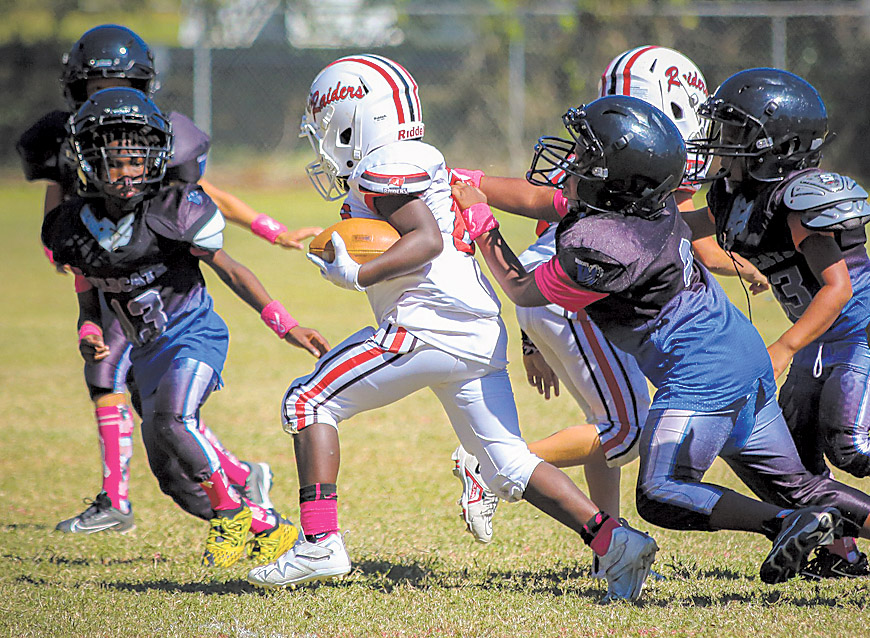GAINESVILLE, Fla., Feb. 1, 2023 – A federal judge has sentenced the CEO of Airsign Airship Group to more than five years in prison for defrauding the government over $7.8 million meant to help average Americans during the height of the COVID-19 pandemic. He is the brother-in-law of a former Florida lawmaker who resigned after he was accused of federal fraud, too.
Patrick Parker Walsh, 42, of Williston, Florida, was sentenced Tuesday in U.S. District Court in Gainesville to five and a half years in prison followed by three years of supervised release. He pleaded guilty to one charge of wire fraud and one charge of money laundering in August as part of a deal with prosecutors. He must also pay back the $7.8 million to the U.S. Small Business Administration.
Before his sentencing, Walsh choked back tears at times while addressing the court. He said he made a series of bad decisions.
“I tell my children that it’s in the moments when no one is watching that you can measure a man’s character,” Walsh said. “Unfortunately for me, when I was in that situation, I failed.”
Walsh’s attorney, Nicole Waid, said he saw the federal government loans as a way to save his business.
“His business skills are not the greatest. He took out high-interest loans and made some dumb choices,” Waid said. She said Walsh intended to save his business and help his employees.
Prosecutors painted a different picture. Assistant U.S. Attorney Justin M. Keen said up to $2 million may have covered payroll due to any pandemic-related slowdown in his business, but Walsh used the rest for his own benefit.
“He stole the money and got it by fraud. Theft is theft,” Keen said. “He made many false statements to the government to get the loans.”
The sentence was imposed by U.S. District Judge Allen C. Winsor. He said he considered Walsh’s lack of previous criminal activity and statements of support from his family and friends. However, Winsor said financial disclosures Walsh made since pleading guilty were incomplete and that he had a foreign trust set up in Belize to avoid creditors.
“These were many, many transactions and different loans through different financial institutions,” Winsor told Walsh during his sentencing. “You used your wife’s name to get some of the loans, which can be considered identity theft.”
Court documents show Walsh obtained some of the loans under Hannah Walsh’s name without her knowledge or consent. Hannah is the sister of Joe Harding, the former Republican state representative from Ocala who was indicted on similar charges in early December and resigned from the Legislature the following day.
In his signed plea agreement, Walsh admitted to defrauding the federal government in 2020 by submitting falsified loan applications for several companies he owned to the Paycheck Protection Program and Economic Injury Disaster Loan Program, two federal loan initiatives intended to help small business owners keep their companies afloat during the economic crisis caused by the pandemic.
Among other expenses, Walsh used some of the stolen money to buy a private two-acre island in the Gulf of Mexico off the coast of Yankeetown, Florida; put a downpayment on a luxury ski lodge in Jackson Hole, Wyoming; and pay off the 78-acre farm where he lived south of Gainesville, according to court records.
Winsor said the prison sentence was in the middle of federal guidance for such crimes. He also said the sentence should serve as a deterrent for others.
“There is too much fraud out there, particularly with PPP,” Winsor said. “There is a greater need to deter white-collar crime.”
Both federal loan programs, especially the Paycheck Protection Program, have been the focus of investigations into the fraudulent theft of billions of dollars of taxpayer money.
Each program was created under the Small Business Administration with the Coronavirus Aid, Relief, and Economic Security Act passed by Congress and signed into law by President Donald Trump at the beginning of the pandemic in March 2020.
Harding, 35, another Williston native, was elected to the House in 2020, representing much of Marion County. He was successfully re-elected to the reorganized 24th District in 2022.
He gained notoriety for being the house sponsor of Florida’s Parental Rights in Education Act, derisively called by critics the “Don’t Say Gay” Act, which was signed into law by Gov. Ron DeSantis in March.
Prosecutors allege Harding obtained and attempted to obtain over $150,000 in federal COVID-19 relief loans for two inactive companies he owned, The Vak Shak Inc. and Harding Farms LLC. Prosecutors say the fraudulent claims to the Economic Disaster Loan Program took place between Dec. 1, 2020, and March 1, 2021. Harding was first sworn into office in November 2020.
Harding is charged with two counts of wire fraud, two counts of making false statements to a federal agency and two counts of money laundering for which he collectively faces up to a maximum of 70 years in prison. He pleaded not guilty on all charges.
Walsh initially pleaded not guilty to all charges before changing his plea as part of his August deal with prosecutors.
The signed plea agreement itself, made just over three months before Harding’s indictment, does not require Walsh’s cooperation in any other cases, such as Harding’s upcoming trial, nor does it indicate that Walsh provided any evidence that could have contributed to Harding’s indictment, according to court records.
Harding’s trial is scheduled to begin May 10 at the federal courthouse in Gainesville.
# # #
Email editor@
alachuatoday.com
Florida Blimp Executive, Relative of Former State Lawmaker, Sentenced To Federal Prison In Pandemic Fraud
Tools
Typography
- Font Size
- Default
- Reading Mode


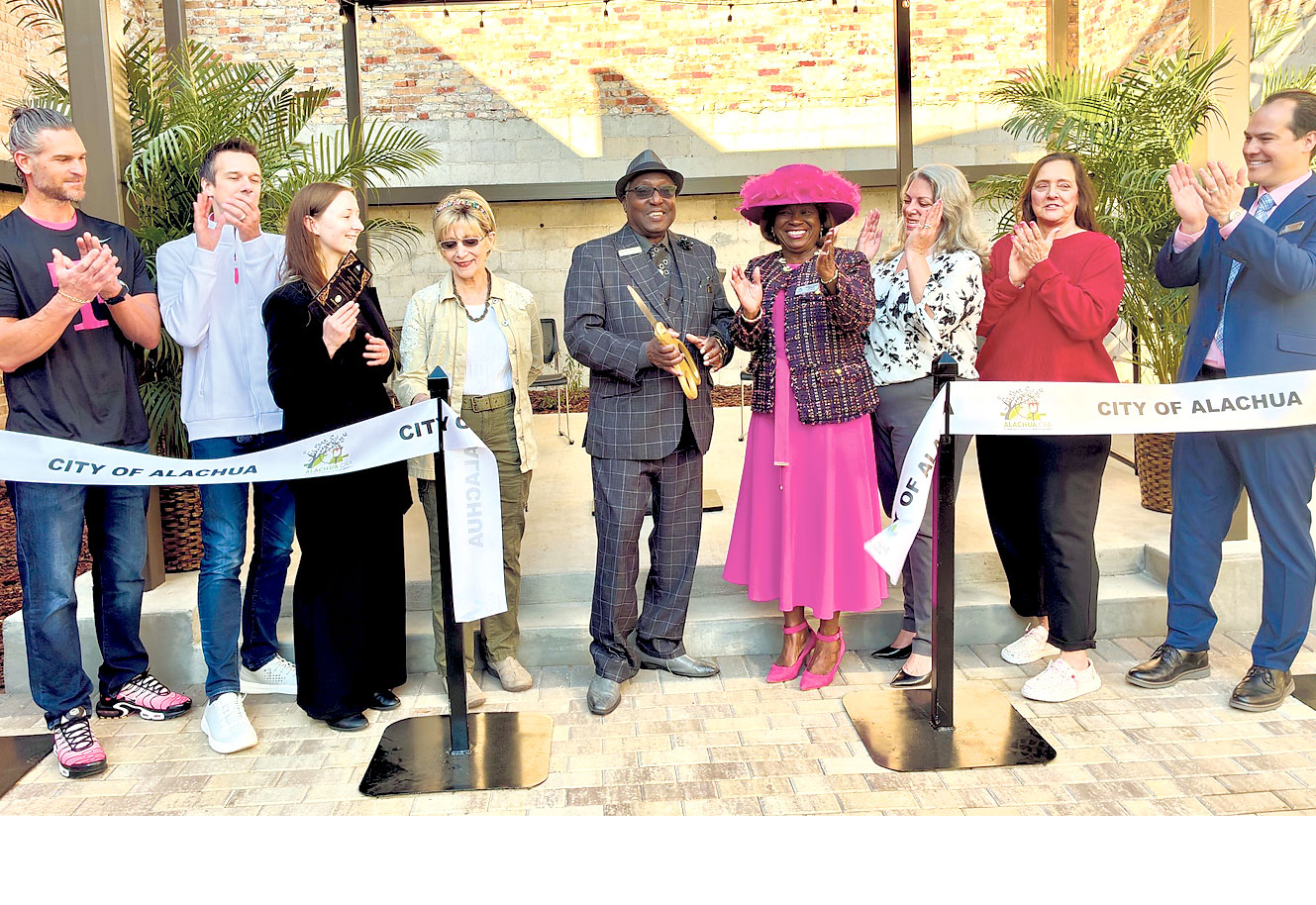
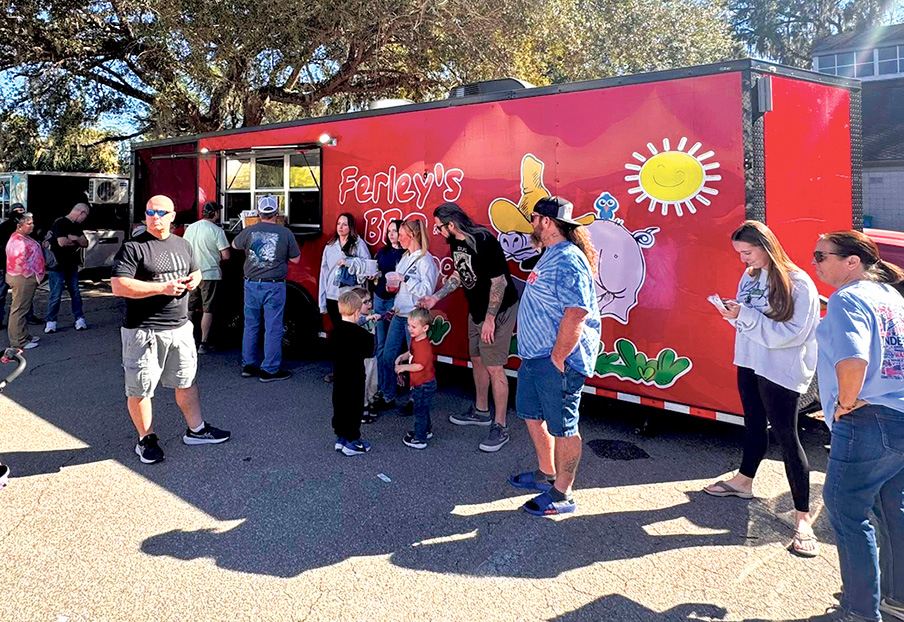


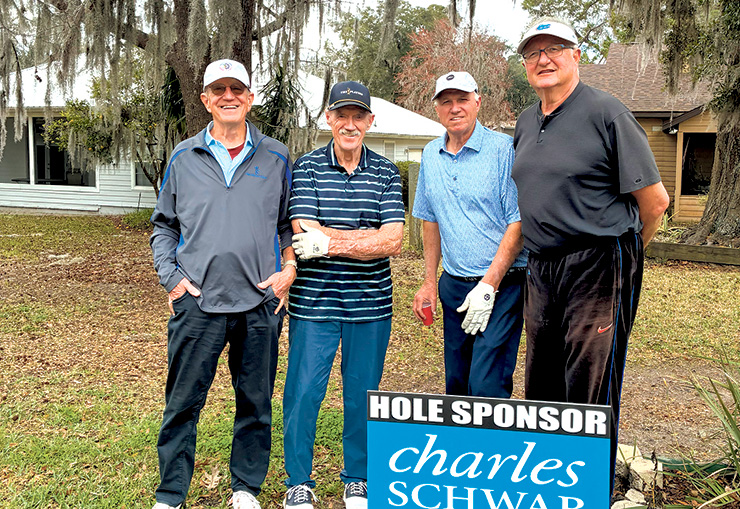
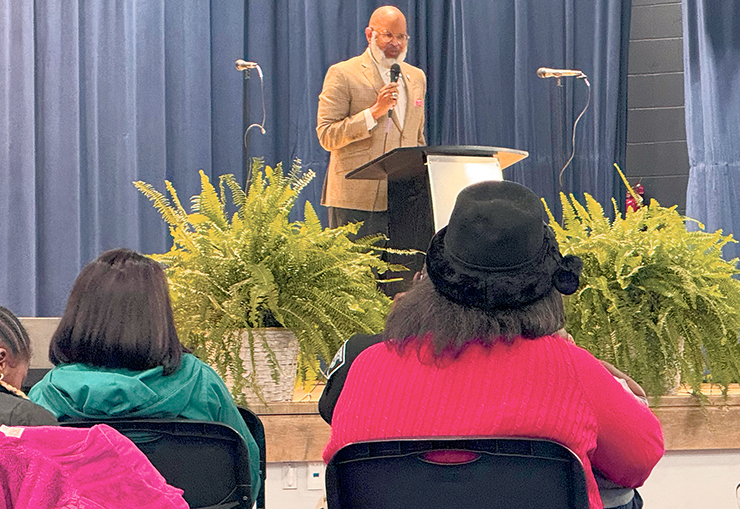


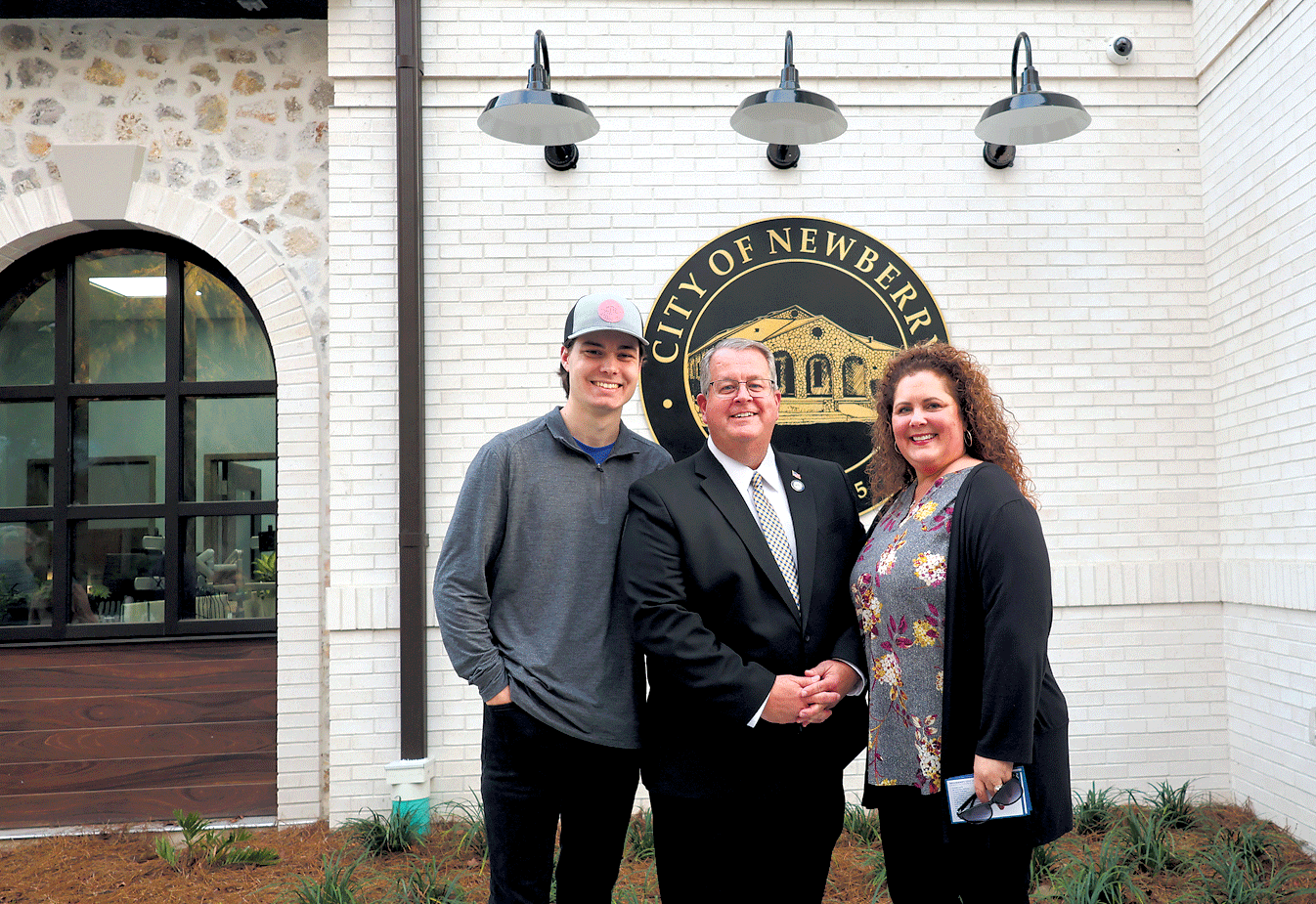
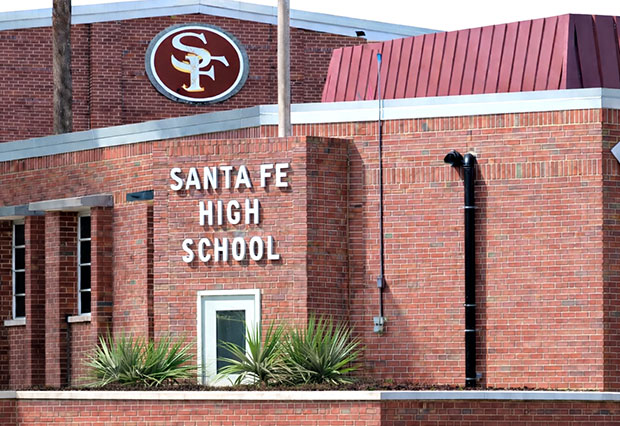
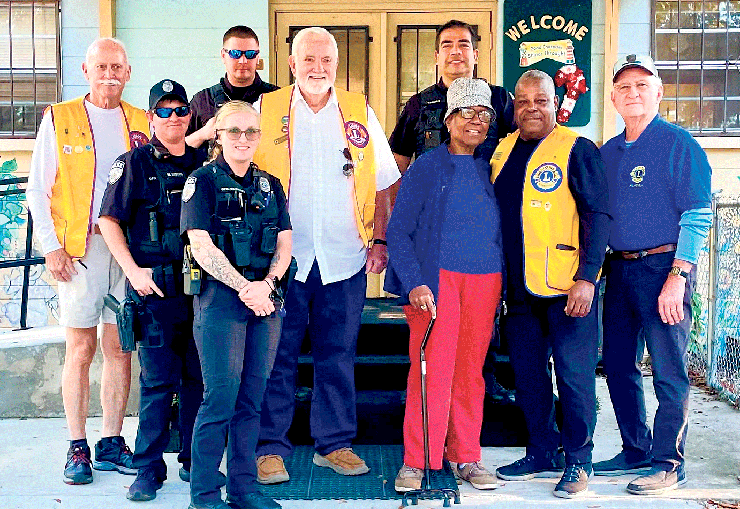

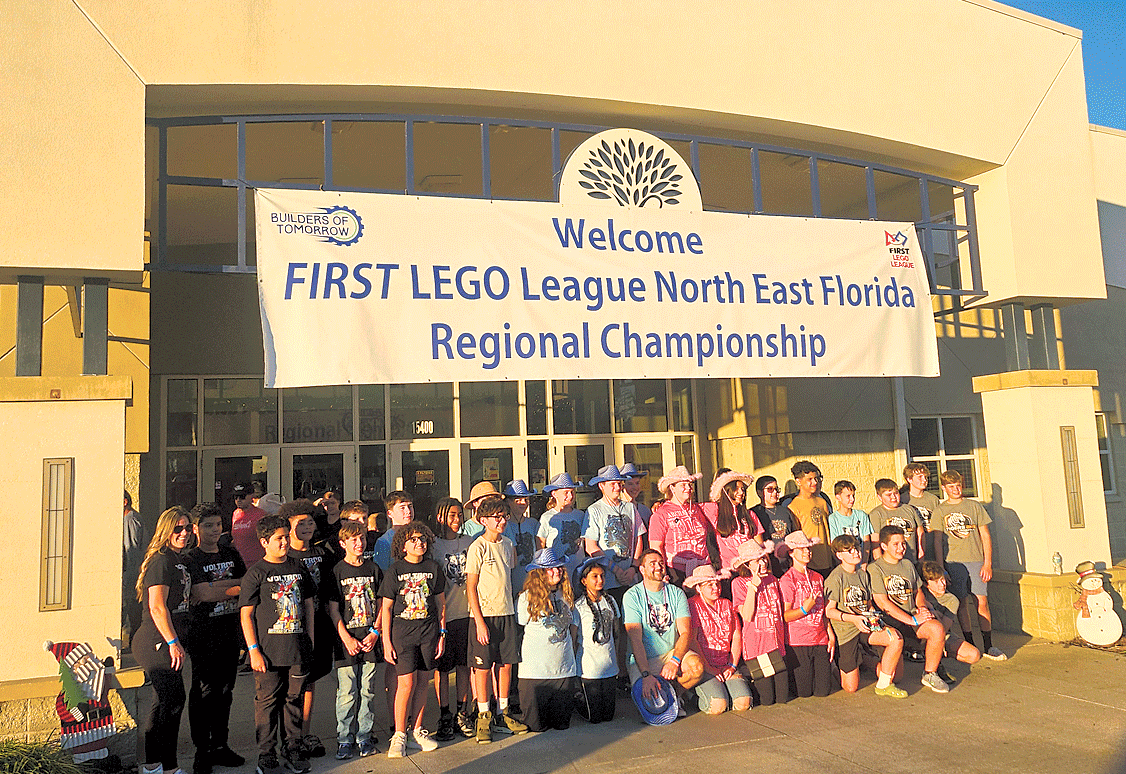
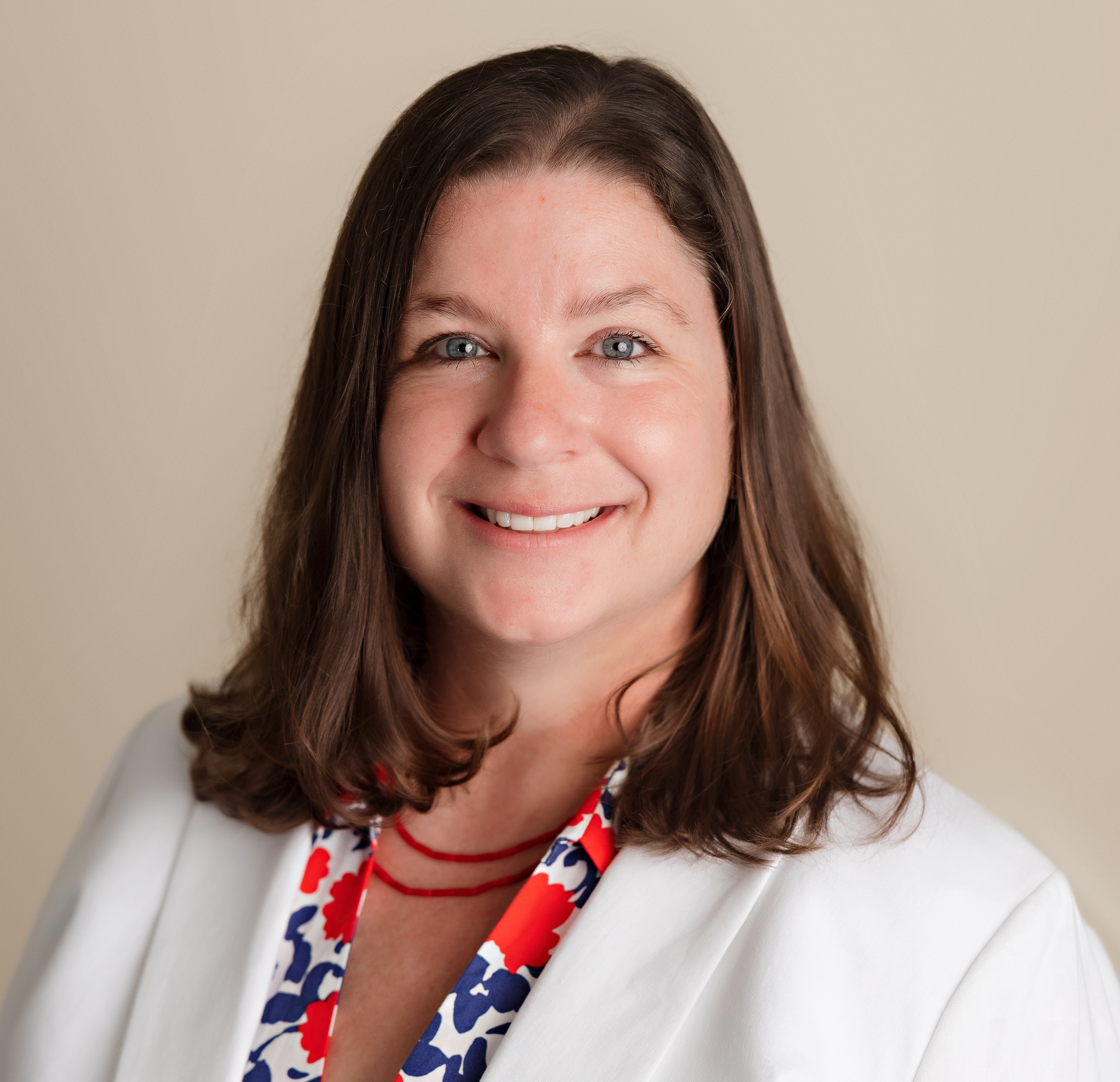 Jennifer Breman, a career and technical education program specialist with Alachua County Public Schools, has been elected to serve on the Board of Directors of the Association for Career and Technical Education (ACTE), the nation’s largest nonprofit organization dedicated to advancing career and technical education.
Jennifer Breman, a career and technical education program specialist with Alachua County Public Schools, has been elected to serve on the Board of Directors of the Association for Career and Technical Education (ACTE), the nation’s largest nonprofit organization dedicated to advancing career and technical education.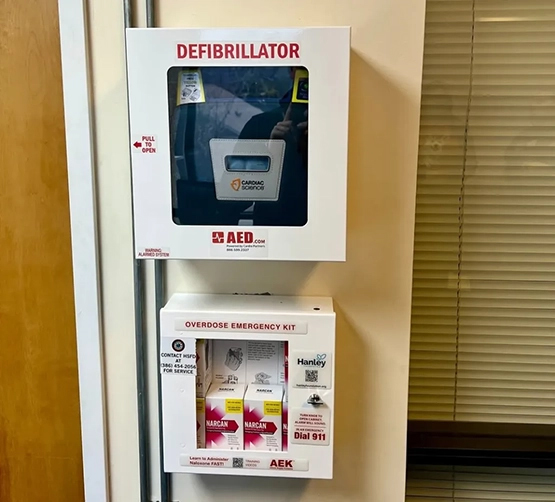
 Using an inhaler seems straightforward, but it’s actually a high-precision task. If the technique isn't quite right, the medication often ends up hitting the back of your throat instead of reaching your lungs where it’s needed.
Using an inhaler seems straightforward, but it’s actually a high-precision task. If the technique isn't quite right, the medication often ends up hitting the back of your throat instead of reaching your lungs where it’s needed.

